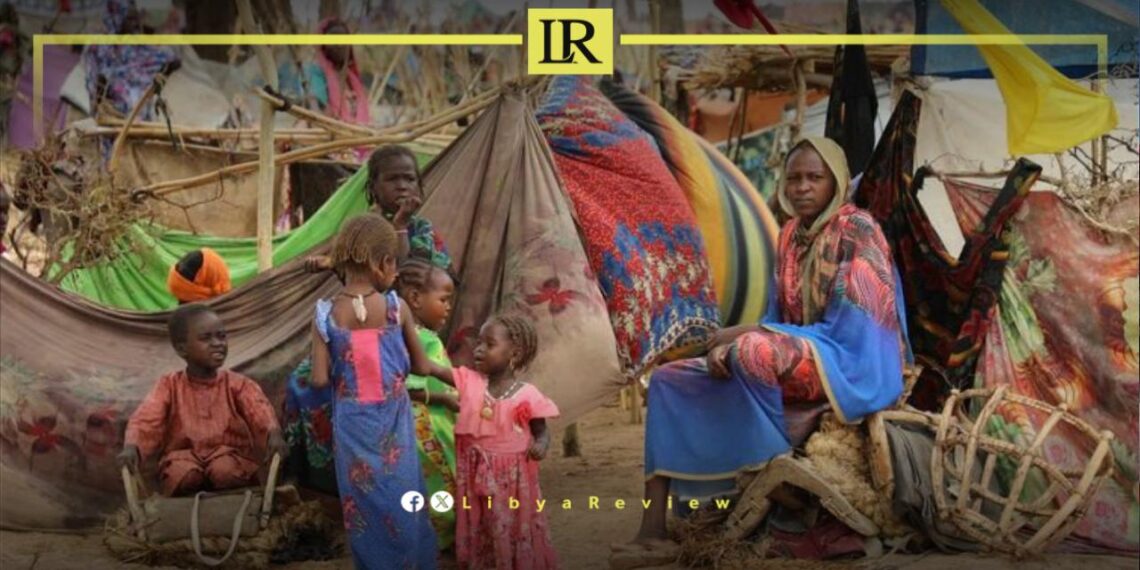Libya’s migration crisis has taken on a deeper and more alarming dimension, with the plight of migrant children born or brought into the country amid lawlessness, poor oversight, and worsening humanitarian conditions.
Many of these children live without identity papers, education, or protection, trapped in a system that offers no clear legal or social status.
According to press reports, the civil war in Sudan, raging since April 2023, has forced tens of thousands of people to flee into Libya. Among them are women and children, including newborns delivered in desert camps or on the move. Many arrive without documentation, medical support, or any official record of their birth.
Humanitarian workers say the number of migrant children in Libya remains unknown but likely reaches several thousand. Many live in informal settlements on the outskirts of cities such as Tripoli and Benghazi, often in dangerous and unsanitary conditions. Without papers or recognized guardianship, these children are at high risk of abuse, trafficking, or forced labor.
Social researcher Salem Mujahid warned that the situation is “a humanitarian and legal time bomb.” He said migrant mothers, often victims of exploitation themselves, face immense hardship and sometimes abandon children who are then left to fend for themselves in a country already struggling with instability.
Legal experts highlight the gap between Libyan law and reality. Under existing regulations, a child born to a migrant mother cannot obtain Libyan citizenship, regardless of circumstances. Only abandoned newborns, officially documented as orphans, are granted nationality and placed in state care.
Rights advocates urge the Libyan authorities to act before the problem becomes unmanageable. They call for stronger border oversight, the closure of unlicensed clinics where many births occur, and new legislation to ensure that all children, regardless of origin, have access to education and healthcare.
Experts also stress that international cooperation is essential to prevent these children from becoming a lost generation on Libya’s margins.


